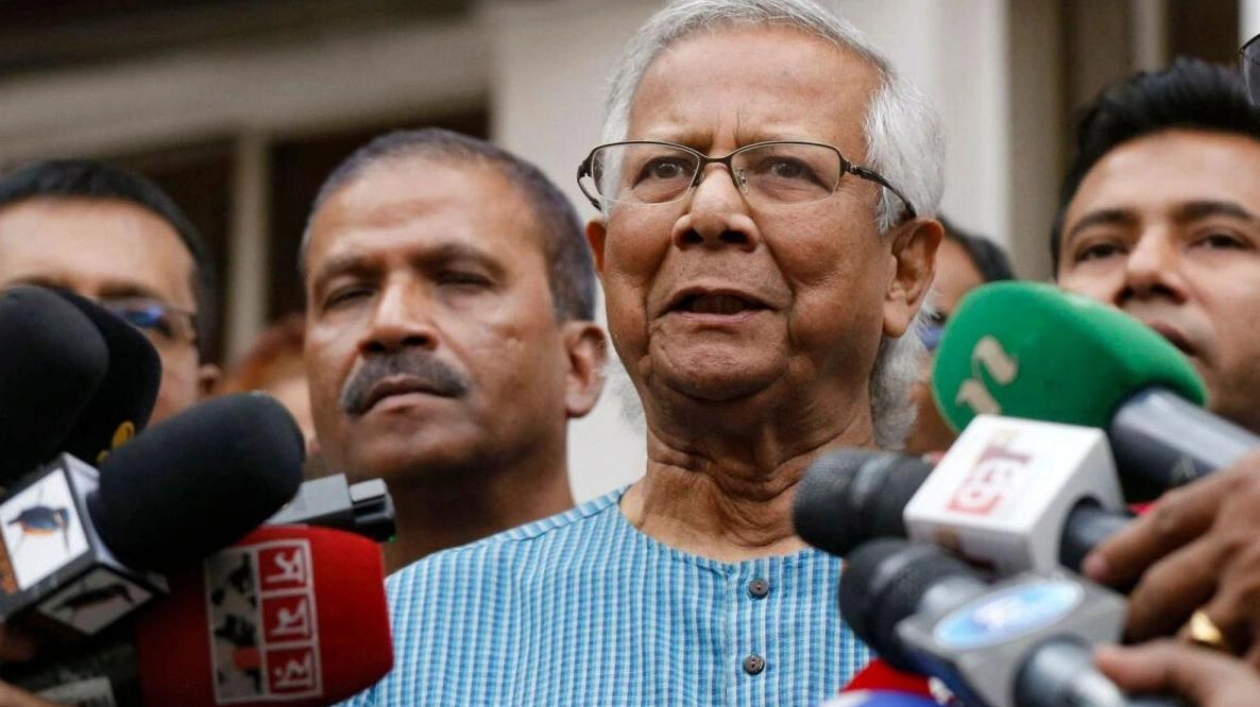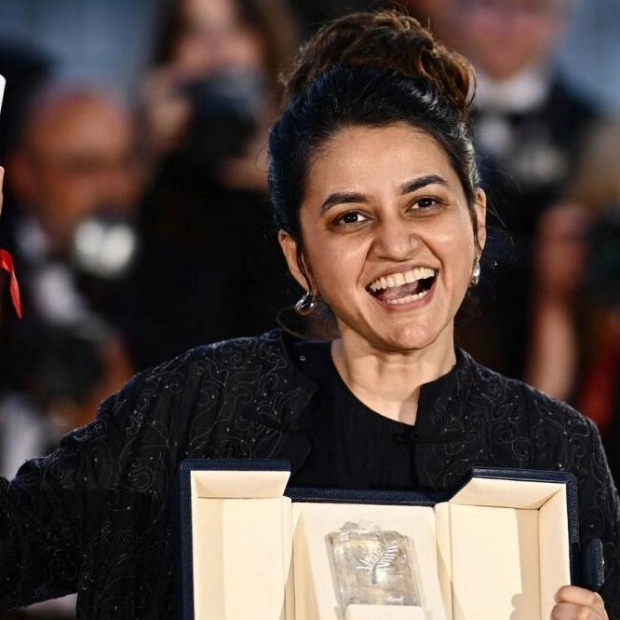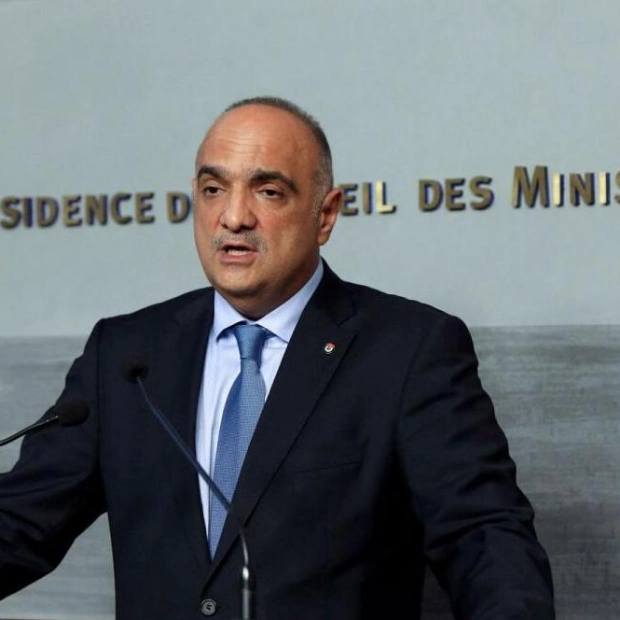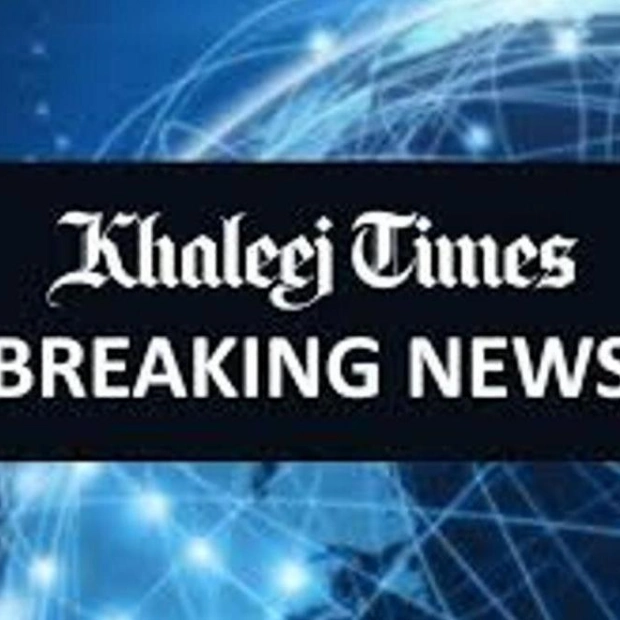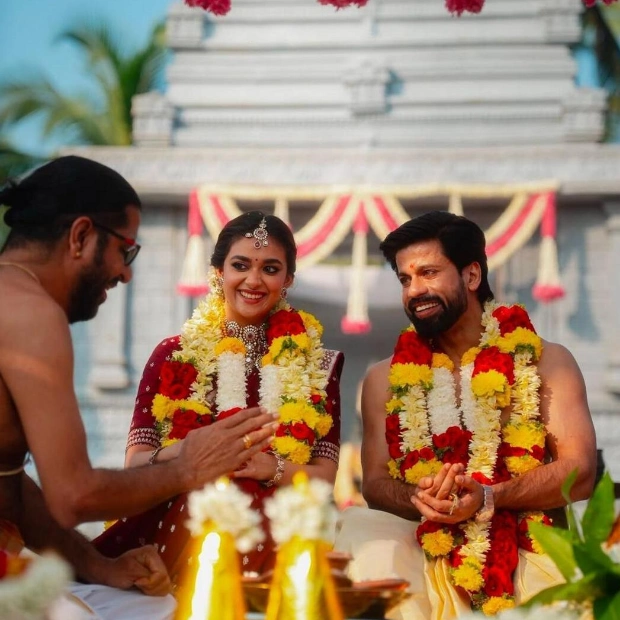Bangladesh's Nobel laureate in microfinance, Muhammad Yunus, has been appointed to head an interim government following widespread protests that compelled long-standing Prime Minister Sheikh Hasina to flee the country, according to a Wednesday announcement from the presidency. The decision to appoint the 84-year-old Yunus, known for his role in significantly reducing poverty in the South Asian nation, was swiftly made after student leaders advocated for his leadership. The appointment was confirmed during a meeting with President Mohammed Shahabuddin, the commanders of the army, navy, and air force, and student representatives.
"(They) have agreed to establish an interim government with Professor Dr. Muhammad Yunus as its leader," stated Shahabuddin's office. "The president has appealed to the public to assist in navigating through this crisis. The rapid establishment of an interim government is essential to resolve the current crisis." Yunus will serve as the chief advisor, as revealed by Haid Islam, a leader from Students Against Discrimination who was present at the meeting. Shahabuddin assured that the interim government would be formed "as soon as possible," Islam informed the press. The meeting was deemed "productive" by Islam, though specifics about the interim government's structure, including the military's role, remained sparse.
Yunus, currently in Europe, expressed his readiness to lead the interim government in a statement to AFP, emphasizing his commitment to his country and the bravery of its people, and calling for free elections. Hasina, 76, who had been in power since 2009, resigned on Monday amid massive demonstrations in Dhaka, driven by demands for her resignation. The protests, initially sparked by opposition to government job quotas, evolved into a broader movement against Hasina. Accused of manipulating January's elections and committing widespread human rights violations, Hasina deployed security forces to suppress the protests, resulting in hundreds of fatalities. However, the military withdrew its support over the weekend, leading to Hasina's evacuation by helicopter to India.
Army chief General Waker-Uz-Zaman declared an end to the violence on Sunday. Since then, the military has complied with various demands from student leaders, including Yunus's appointment. Parliament was dissolved by the president on Tuesday, fulfilling another demand from student leaders and the main opposition party, the Bangladesh National Party (BNP). The president's office also announced the dismissal of the police chief, who was held responsible for leading the crackdown under Hasina. Additionally, former Prime Minister and BNP chairperson Khaleda Zia, 78, was released from house arrest, as confirmed by a presidential statement and her party. The military also underwent a reshuffle, demoting several generals aligned with Hasina and dismissing a commander of the Rapid Action Battalion.
Peace largely returned to the capital on Tuesday, with businesses reopening and international flights resuming at Dhaka airport, although government offices remained largely shut. Millions of Bangladeshis celebrated Hasina's departure, with jubilant crowds raiding and looting her official residence. "We have been liberated from a dictatorship," remarked Sazid Ahnaf, 21, likening the events to the independence struggle from Pakistan over five decades ago. Police reported retaliatory attacks by mobs on Hasina's supporters and their own officers, as well as the release of over 500 prisoners from a jail. Monday marked the most violent day since the protests began in early July, with the overall death toll reaching at least 432, according to an AFP count based on police, government officials, and hospital sources. Protesters invaded parliament and set fire to TV stations, while others vandalized statues of Hasina's father, Sheikh Mujibur Rahman, a revered figure in Bangladesh's independence. Some Hindu-owned businesses and homes, perceived by some as supportive of Hasina, were also targeted. Bangladeshi human rights organizations, along with US and European Union diplomats, have voiced concerns over reports of attacks on religious, ethnic, and other minority groups. Key regional allies India and China have both urged for calm.
